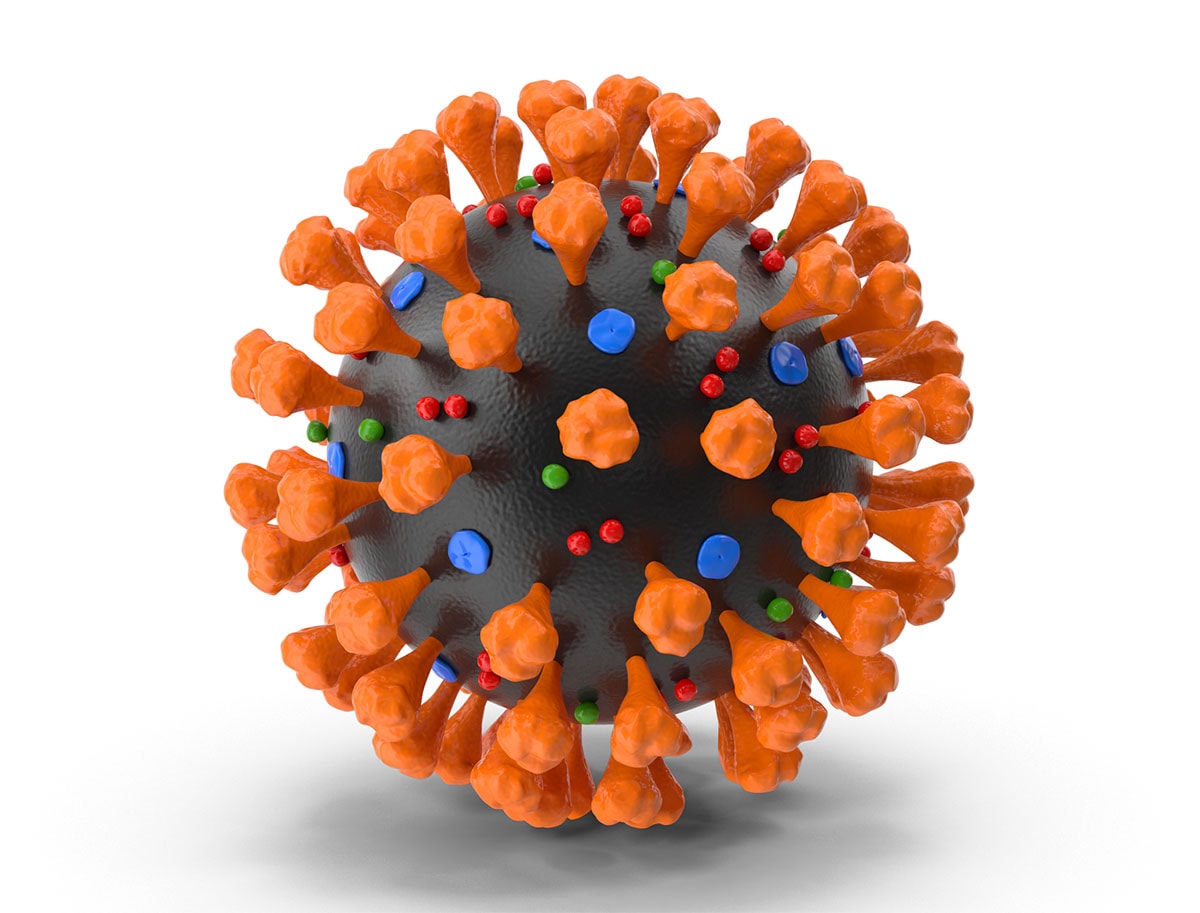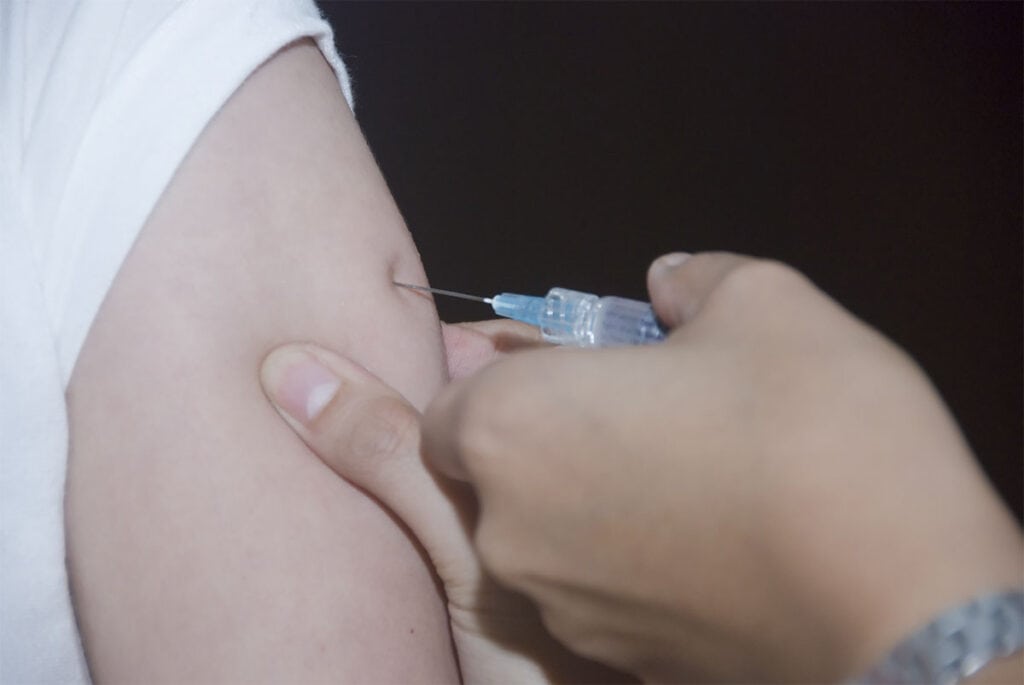- Your cart is empty
- Continue Shopping
COVID-19 And The COVID-19 Vaccine

Since the early months of 2020, the world has been living in a pandemic caused by the virus known as COVID-19, otherwise known as SARS-CoV-2. To date, millions have contracted the infection, some experiencing severe symptoms and death, and others are all but asymptomatic.
Since the introduction of COVID-19 vaccines, a debate has been ensuing in society, in
the media, and even somewhat in the medical community as to whether or not the vaccine is a safe and effective course of prevention. While early data was certainly lacking, after nearly two years, the data received has been quite positive.
In what follows, we’ll discuss COVID-19 and its effects and also discuss more in-depth about the vaccines and their effectiveness.
Characteristics Of COVID-19
COVID-19, otherwise known as the Coronavirus or SARS-CoV-2, is an acute respiratory virus that spreads throughout the respiratory system, causing a broad spectrum of symptoms.
Some of the most commonly reported symptoms of COVID-19 include dry cough, fever and chills, shortness of breath, chest pain, aches and pains, and fatigue. Other severe symptoms include loss of taste and smell, pneumonia, and even respiratory failure.
As a major public health concern to this day, COVID-19 has resulted in hundreds of thousands of recorded fatalities while hospitalizing even more individuals. This has ultimately caused severe stress on the entire healthcare system, especially in the early days of pre-vaccine.
Since the introduction of the vaccine, however, and partly due to the extreme healthcare mandates, cases of severe illness have been in decline, and there has been a reduction of
overall fatalities.
While some opinions have been that the change in data is a result of herd immunity and a reduction in the severity of the newest COVID-19 variants, the literature would suggest that the vaccines have had the most significant impact.
Thus, it is important to determine how effective the mRNA vaccines and boosters have really been, considering the fact that some individuals who are fully vaccinated are still at risk of contracting the infection, however mild.

The Effectiveness of the COVID-19 mRNA Vaccines
It’s important to note that the information regarding COVID-19 is continuing to evolve. Because it’s such a controversial topic, there also happens to be an abundance of information and misinformation widely available to the public. Thus, it is important to ensure valid sources of information, confirm that any available data is scientifically peer-reviewed, and follow the latest information from the CDC and WHO.
Because of this highly transmissible infection known as COVID-19, it can be difficult to assess the true effectiveness of a vaccine on a broad scale. Yet, as most public health authorities have done, it’s important to turn to the most important metrics, such as hospitalization rates, severe illness prevalence, and fatality rates.
The findings to date suggest that the COVID-19 vaccines, whether Pfizer, Moderna, or otherwise, have been highly effective at defending against COVID-19 and severe illness. According to the World Health Organization, the Moderna vaccine, in particular, when administered with a two-course regimen, has shown to be 94.1% effective.
When discussing effectiveness, it’s important to define this term from a medical perspective.
A vaccine is deemed medically effective if it’s both safe and prevents severe disease, hospitalizations, and deaths. As concluded by Yale Medicine, COVID-19 mRNA vaccinations still persist in being effective in all three of these metrics.
Next, while booster shots diminish in their effectiveness over time, particularly over four months, they continue to defend well against hospitalization, severe disease, and death, even against the newest variants. Finally, from an anecdotal perspective, we have all seen how quickly the peak of the Omicron variant illness came and went.
In conclusion, the effectiveness of vaccines and booster shots does diminish overtime against infection. This is simply how the immune system works. If the entire viral antibody amount remained over the course of life, the blood and lymphatics would be “thicker than pea soup.” Antibody levels must naturally decline to maintain a normal viscosity in the blood. However, the effectiveness of the vaccine does retain itself against the important medical metrics, such as hospitalizations.

Final Thoughts
More research is ongoing regarding COVID vaccines, and it’s exciting to know the possibilities of improving the vaccines to adjust to new variants of the disease quickly. Evidence indicates that the COVID vaccines have truly been helpful to manage and improve this pandemic.
Additional measures also need to be considered for special populations, including pregnant women, children, immunocompromised individuals, and those with recent exposure. All eligible populations are encouraged to get COVID-19 vaccination.
While the ultimate decision is in the hands of the individual, vaccination is highly recommended to defend against severe illness caused by COVID-19.
One of the most important considerations about whether or not to obtain the COVID vaccine is that no individual can know their own specific risk regarding COVID. The truth is that there are 35-year-old individuals who have contracted COVID and died within 72 hours, and there have been 85-year-old individuals who have contracted COVID and had nothing more than a runny nose. This phenomenon cannot be explained at this time. Thus, the true risk of severe illness and death to any particular individual is real.
By following all public health guidelines and committing to the prescribed vaccination protocol, we as a society can do our part in defending against the spread of COVID-19 as we transition to a world of new normalcy.
Show the Video:




